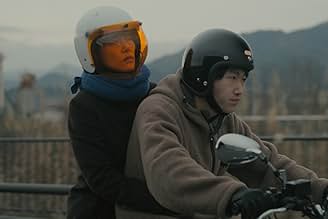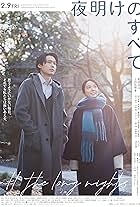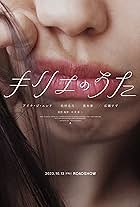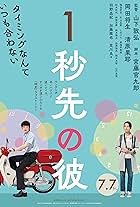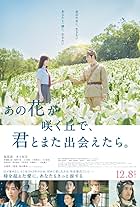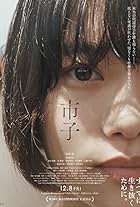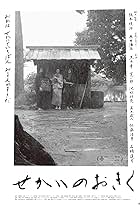In Japanese culture term Hikikomori refers to individuals who, due to certain mental dynamics, withdraw from society and avoid social interactions. Yoko, a 42-year-old woman portrayed by Rinko Kikuchi in Kazuyoshi Kumakiri's film "Yoko," embodies this lifestyle. Her quiet life is abruptly interrupted when her cousin Shigeru (Pistol Takehara) arrives to deliver the news of her father's unexpected death and insists on taking her to the funeral in Aomori. However, complications arise at the first service area when Shigeru and his wife must leave to take their injured son Kaito to the hospital, leaving Yoko alone and nearly out of money. With no other option, she decides to hitchhike to Aomori.
The sudden loss of her father deeply impacts Yoko, shattering her isolated existence and prompting a haunting question: Why did you have to die? This unanswerable query transforms her journey to Aomori into a powerful exploration of memories and her complicated relationship with her father. As she travels to the funeral, will these reflections and inner dialogues help Yoko come to terms with her father's imperfections?
Being left behind by Shigeru and his family at a rest stop leaves Yoko feeling lost in the world around her, compelling her to depend on strangers for help. Her only means of reaching her destination is her voice, a signal of her presence and existence. In this moment, Yoko is pushed to express her true self and break free from the confines of her self-imposed isolation.
This film beautifully captures the essence of simplicity in its storytelling!




